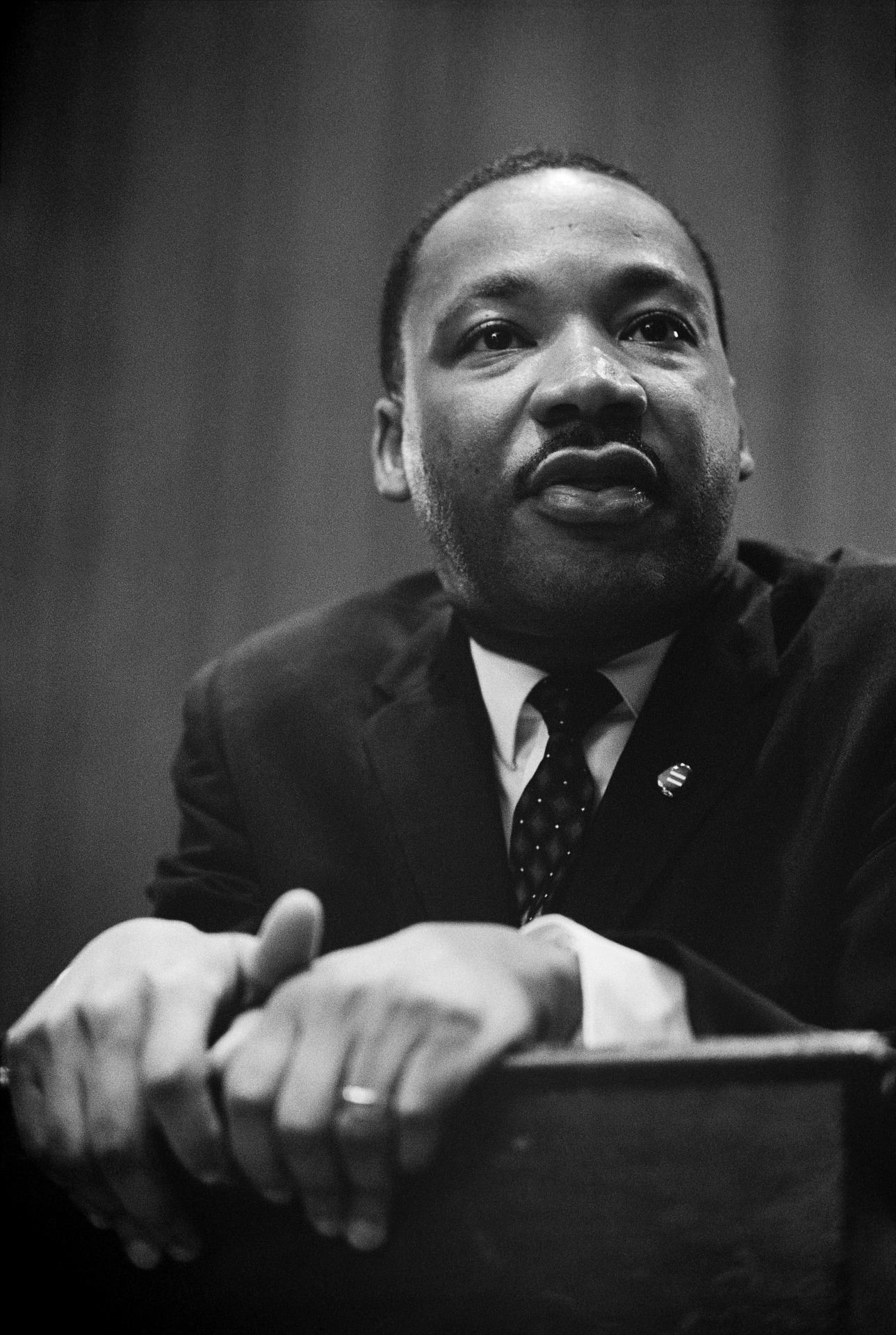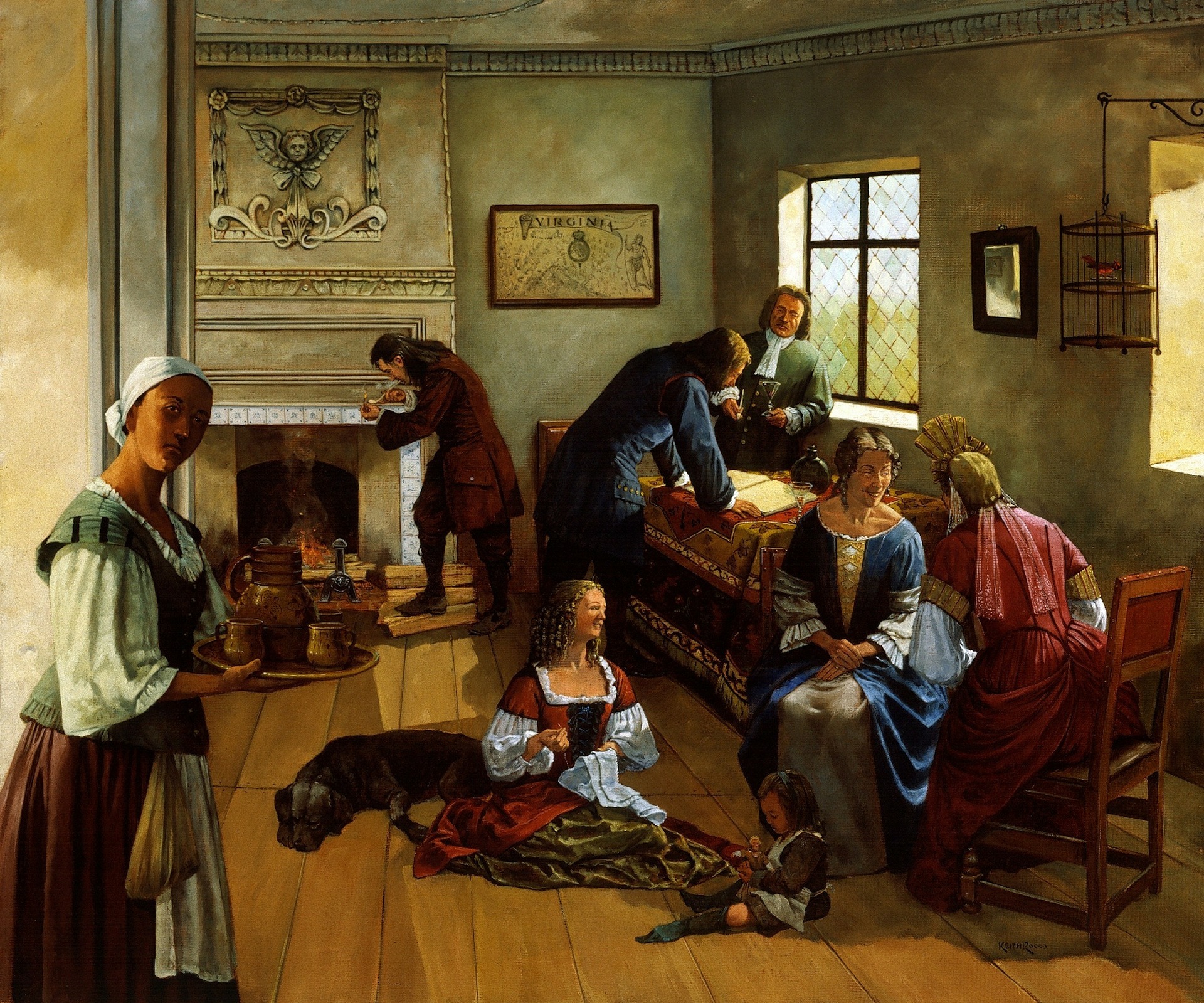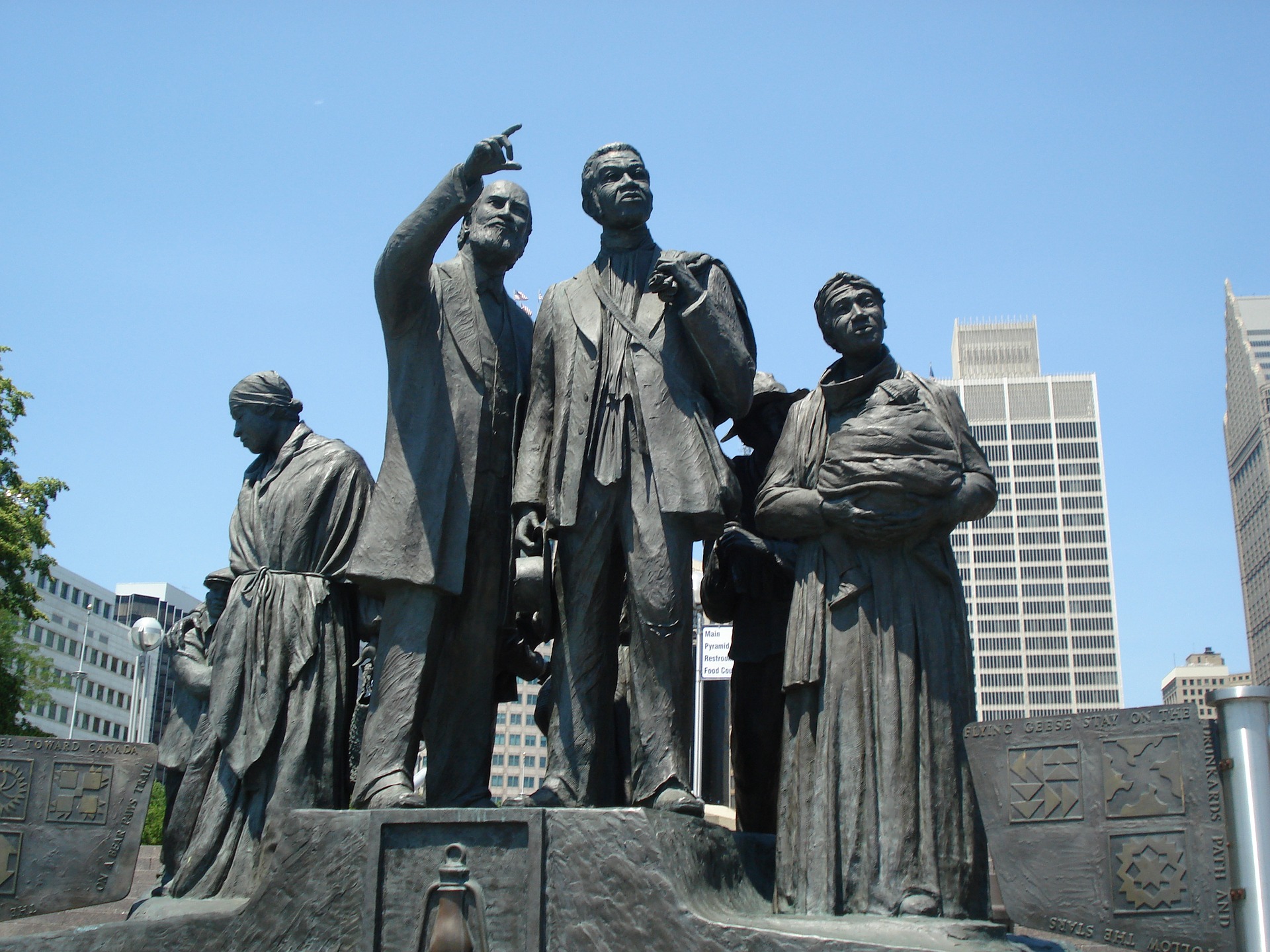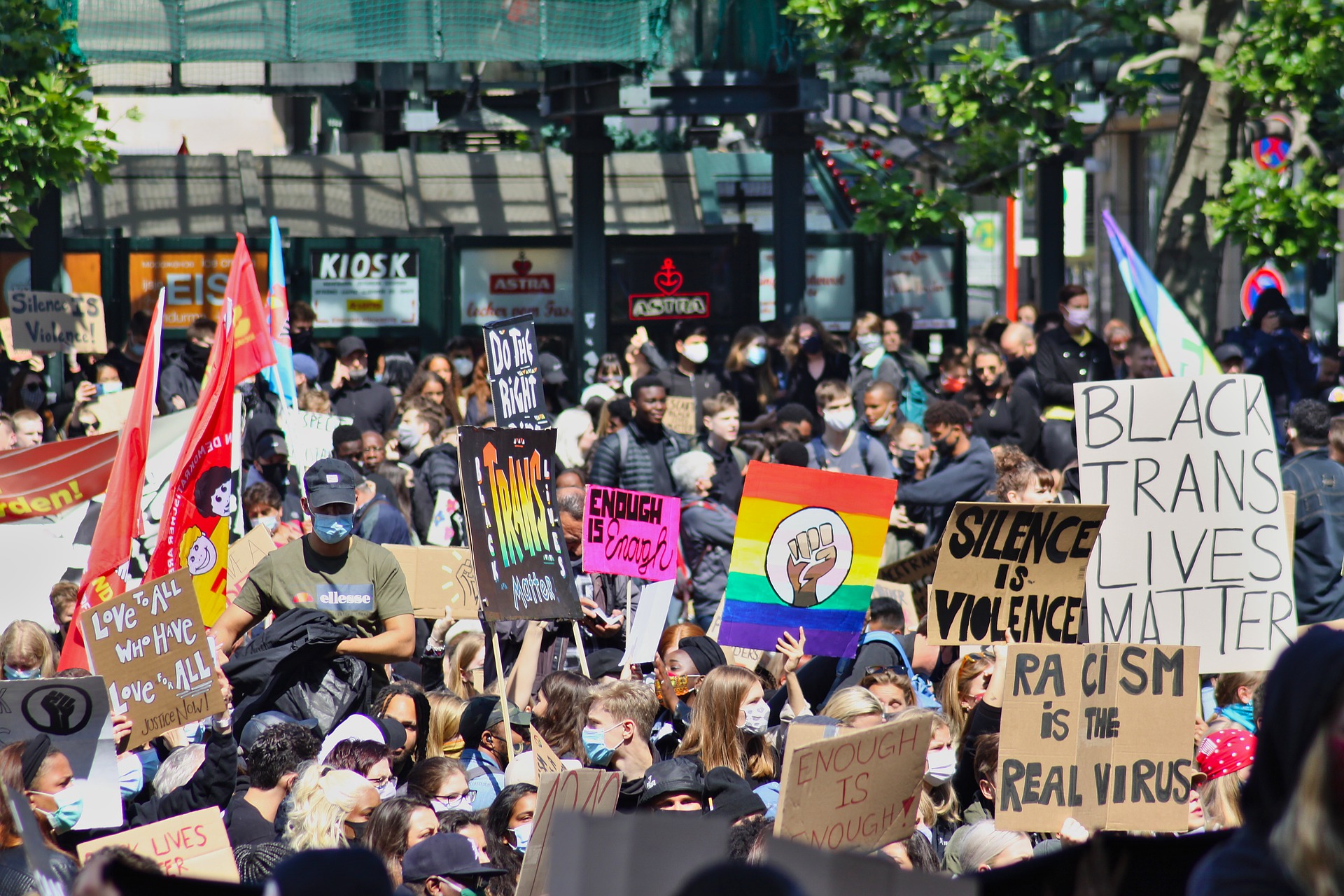America has a long-standing history of racism that it isn’t ready to face and is usually hidden under gobbledygook and is something we need to address in order to be able to recognize the impact that racism and systematic and institutionalized racism still has today. As a queer mixed person (half Indian, half Black) from the Bronx, I can speak volumes on the effect of patriarchy, and white nationalism and the white-centric judicial system have had on me as I grew up poor with a working mother. From a young age, I got the talk, not the birds and the bees, but rather how my skin color will be used as a weapon by others to oppress me; later on, I found out that my sexuality and gender identity would also be used against me. I was what one could call triply marginalized.
My mom sat me down and not my bother (because he was white-passing) and told me how to behave when (the emphasis is on when here and not if because as a black person, I was ought to be stopped at least once in my life because of the color of my skin) I was stopped by the police. This came in handy when I was 16 when I had my first encounter with law officers, which stopped my friends and me from staying in a shop too long. I can tell you the number of times I’ve been stopped after this just because of the melanin in my skin; I am saying all this because this all roots back to the 13th amendment and America’s distraught history with race.
What is the 13th Amendment?

It is one of the amendments in our constitution that tell us our rights as citizens of the land of the free. The 13th amendment was ratified after 1865 and is the direct consequence of the civil war, and was a way for America to still use black bodies to do its bidding and enrich it. This amendment states that:
“Neither slavery nor involuntary servitude, except as a punishment for crime whereof the party shall have been duly convicted, shall exist within the United States, or any place subject to their jurisdiction.”

The 13th amendment forever abolished slavery in the states and its consequent territories, and slavery as an institution was also abolished. The amendment of involuntary servitude and peonage was outlawed as long as a person was free and this amendment didn’t take action if someone was imprisoned because they weren’t considered free by law. The 13th amendment passed with 119-59 votes which are barely the two-third votes it needed to pass the proposed state and be introduced into the constitution.
Black codes

In 1896, a year after the 13th amendment was instated, Congress used ti power to pass the nation’s first civil rights bill, which was meant to protect all Americans and their rights from being discriminated against in the workplace, denied service in any establishment and housing. This law invalidated so-called Black Codes, which were segregation laws, which we delved into more when we talked about Jim Crow Laws (click the link to read more on the matter). The 13th amendment, alongside the 14th and 15th amendment, was used to ratify the dark history of America and was used to bring equality between African-Americans and formerly enslaved people.
Say their Names

I know these are just names on a random blog on the internet, but saying these names repeatedly makes us remember them and are reminded of why we should end the police system as it is right now. I’d like to end this piece with the name of the people we lost this year because of systematic racism and Police Brutality. #Saytheirname:
-
- Daunte Wright (aged 20)
-
- Dominique Williams (aged 32)
-
- James Lionel Johnson (aged 38)
-
- Jenaoh Donald (aged 30)
-
- Ma’khia Byrant (aged 16)
-
- Marvin Scott III (aged 26)
-
- Matthew “Zadok” Williams (aged 35)
-
- Patrick Warren (aged 52)
-
- Robert Howard (aged 30)
-
- Ryan Leroux (aged 21)
-
- Vincent Belmonte (aged 18)
-
- Xzavier Hill (aged 18)
Remember, we should relegate black history to one the month of February, with Black and enslaved bodies; this country would have never been where it is now and remember, if we forget the history of our people, it is bound to happen again. As my grandma used to say, it isn’t what you are called but rather what your response to that matters. Sound off in the comments section below and tell us if you want to read more on the subject of race and identity in America.

Pingback: Debunking Popular Myths about Law School | Law blog online